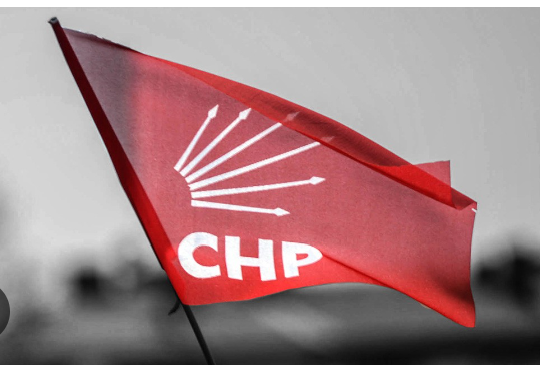The recent arrests of
Esenyurt Mayor Ahmet Özer and
Beşiktaş Mayor Rıza Akpolat, along with
new investigations against Istanbul Mayor Ekrem İmamoğlu, have triggered a major
strategic shift within the
Republican People’s Party (CHP). As tensions rise, the party is
accelerating the process of selecting a presidential candidate, with
CHP leader Özgür Özel announcing that the decision will be finalized soon.
Why is CHP Naming a Candidate Early?
1. Countering Erdoğan’s Election Strategy
Supporters of early nomination argue that it is essential to
shift the public discourse from “Will İmamoğlu or Yavaş be the candidate?” to
“Will Erdoğan or the CHP candidate win?” This approach aims to:
- Establish a clear opposition figure against President Recep Tayyip Erdoğan, who is rumored to be preparing for an early election.
- Prevent judicial pressures and political bans from sidelining potential candidates.
- Boost party morale and mobilize the opposition against what they describe as an “increasingly authoritarian legal system.”
2. Responding to Legal and Political Threats
CHP figures argue that Turkey is now governed
by lawsuits rather than democratic processes. With
ongoing investigations targeting İmamoğlu, party insiders claim that Erdoğan is strategically eliminating opponents. The
early announcement is seen as a way to
preemptively protect a potential candidate from disqualification.
3. Avoiding a One-Sided Election Narrative
- Erdoğan has already positioned himself as the ruling party’s candidate during AKP’s latest congress.
- Without a clear opponent, Erdoğan could dominate the political agenda unchallenged.
- By putting forth a candidate now, CHP aims to shape the debate early and present an alternative governing vision.
Concerns and Risks of Early Nomination
1. Internal Divisions and Party Fault Lines
- CHP is still healing from internal rifts following the ousting of former leader Kemal Kılıçdaroğlu.
- Some fear that early selection could deepen divisions or create a dual power structure between Özgür Özel (party leader) and the chosen nominee.
- A key potential crisis: If Mansur Yavaş (Ankara’s mayor) runs independently, splitting the opposition vote.
2. Lack of Coordination with Other Opposition Parties
- The presidential election requires 50%+1 of the votes.
- Critics say nominating a candidate without consulting other opposition parties risks alienating potential allies.
- Some argue this move forces İmamoğlu forward as a defensive measure against legal threats, rather than as the best strategic choice.
3. Timing Issues – “A Candidate for an Election That Doesn’t Exist?”
- The next scheduled elections are in 2028 (unless early elections are called).
- Some within the party question the rationale: “Is this about pushing for elections, or just shielding İmamoğlu from prosecution?”
Next Steps: CHP’s Roadmap
- Özgür Özel will announce the primary election process next week, with a final nominee expected within two months.
- Once named, the candidate will push for “immediate elections”, increasing pressure on the government.
- There are rumors that the candidate may announce a potential cabinet, presenting a full governing team rather than just a campaign message.
Final Thoughts: A High-Stakes Gamble
CHP’s
early nomination strategy is a
bold but risky move. It could successfully
mobilize the opposition, challenge Erdoğan’s narrative, and create momentum—or it could deepen
internal divisions, alienate allies, and backfire politically. With
legal battles, party politics, and election timing all at play, CHP’s decision may significantly
reshape Turkey’s political landscape in the coming months.
 chp2
chp2
 chp2
chp2